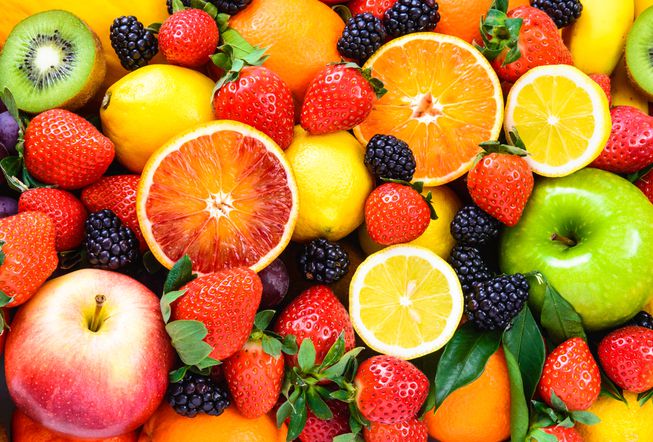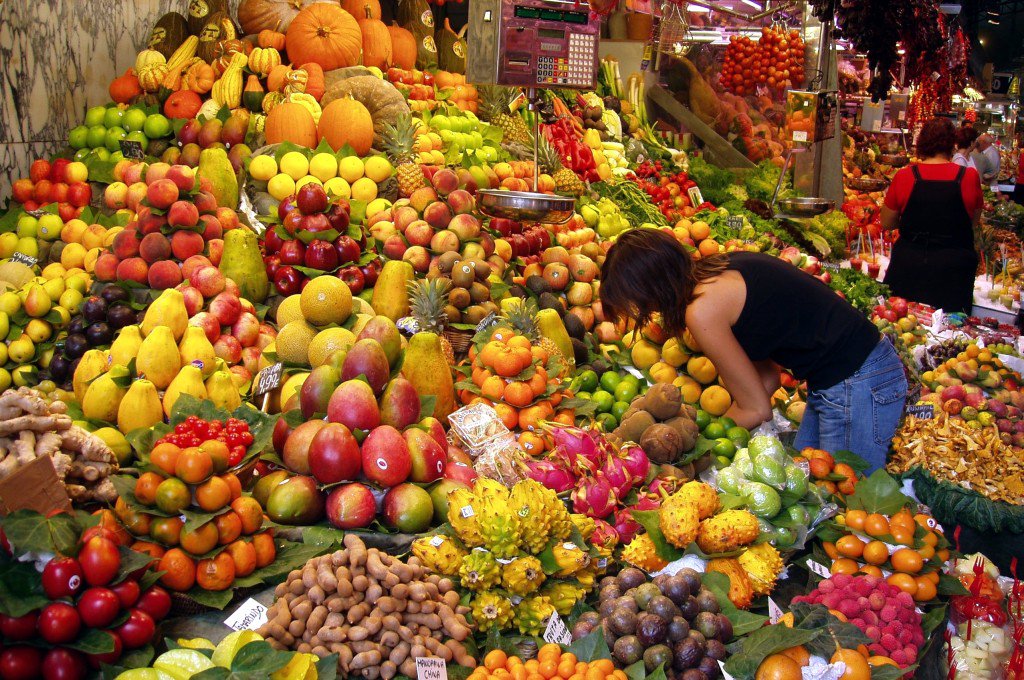The harmful effects of pesticides are a real concern for many Americans today. However, the health benefits of fruits and vegetables outweigh the potential risks that pesticides serve.
Although pesticides have been very beneficial in allowing for modern, large-scale food production, the downsides are numerous and grave.
It is well documented that pesticides are incredibly harmful for human beings. Some of the harmful effects of pesticides include neurological problems, birth defects, fetal death, lymphoma, leukemia, reproductive problems, skin problems and nervous system maladies.

Some vegetables, such as leafy greens, are by their very nature more likely to have a higher concentration of pesticides than say, an orange, which has a thick, protective skin to keep out pollutants.
By arming yourself with the knowledge of which fruits and vegetables are more likely to be tainted by pesticides, you can successfully navigate the produce aisle to reduce the risk of pesticides entering your system.
But how do you know which vegetables and which fruits are more likely to be soaked in pesticides before they’re harvested and delivered to your supermarket? Luckily, a collection of researchers under the umbrella of the Environmental Working Group provide a convenient list of which fruits and vegetables to pick up, and which ones to avoid.
Since 2008, they’ve been issuing their research on produce, released in what they call the “Clean Fifteen” and the “Dirty Dozen”. This is a great list to get started on picking the vegetables that are least harmful and carcinogenic for you.

As a side note, though this list may help you avoid vegetables that have a high concentration of harmful pesticides, there is still much more information to gain to maintain a healthy, balanced diet.
For example, although corn is on the Clean Fifteen list, the majority of medical information suggests that corn is not very good for your diet, offering little nutrients at a high caloric cost.
However, this is a great starting point when trying to decide which vegetables and fruits are okay to toss in your cart the next time you’re at the grocery store.
Also important to note is that this list changes every year. For instance, green beans were on the Dirty Dozen list last year, due to the widespread use of a certain pesticide which has since been banned by the FDA.
So make sure you check back every year, and always keep your eyes peeled for new news that might float in about your favorite vegetables to ensure that you’re keeping your diet as pesticide-free as possible. Happy shopping!
The Clean Fifteen
Asparagus
Avocados
Cabbage
Cantaloupe
Sweet Corn
Eggplant
Grapefruit
Kiwi
Mango
Mushroom
Onions
Papayas
Pineapples
Sweet Peas
Sweet Potatoes
The Dirty Dozen
Apples
Celery
Cherry Tomatoes
Cucumbers
Grapes
Hot Peppers
Nectarines
Peaches
Potatoes
Spinach
Strawberries
Sweet Bell Peppers
